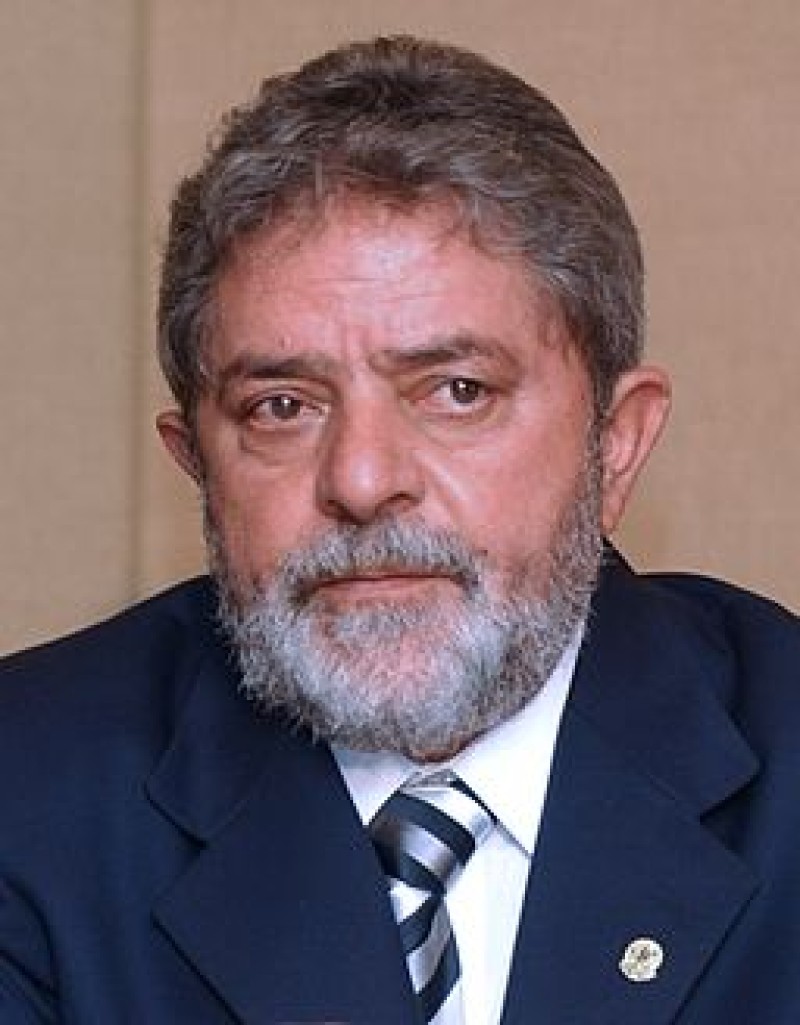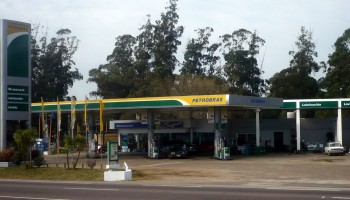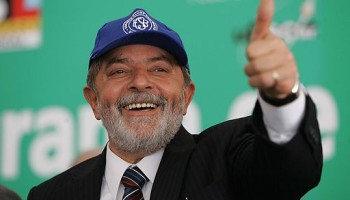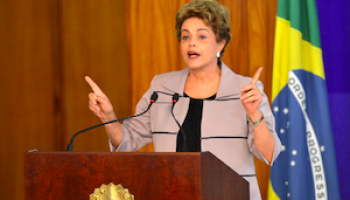The once adored politician who ruled Brazil from 2003 to 2010 was found guilty of accepting 3.7 million reais (US$ 1.2 million) worth in bribes from engineering firm OAS SA.
Prosecutors said the company used that money to refurbish a beach apartment for Lula in return for his help winning contracts with state oil firm Petroleo Brasileiro.
Lula is further accused of masterminding a large embezzlement and kickbacks scheme involving state-owned group Petrobras that is now at the center of a major corruption probe.
The 71-year old politician, who is a top contender for next year’s presidential election has repeatedly denied taking bribes during or after his presidency. He has described the investigation against him as a campaign to prevent his return to power.
"This politically motivated judgment attacks Brazil's rule of law, democracy and Lula's basic human rights," Lula's defense team wrote in an email to Reuters. "It is of immense concern to the Brazilian people and to the international community."
Dubbed “Operation Car Wash,” Brazil’s investigation into the Petrobras case that was initiated in 2014, has toppled several multinational companies and numerous Brazilian elites including Antonio Palocci, an influential minister in the governments of Lula and impeached Brazilian president Dilma Rousseff, who was sentenced to 12 years in prison for corruption in June.
Lula, who was looking to make a political comeback and is free to run in next year’s presidential election until the legal process ends, will be barred from office if his guilty verdict is upheld by an appeals court, which is expected to take at least eight months to rule.
This leaves the 2018 presidential race wide open and raises the possibility that one of many politicians ensnared in Brazil’s corruption investigations might win.
"Lula's absence opens a gaping hole in the political scene, it creates an enormous power vacuum on the left," Claudio Couto, a political scientist at the Getulio Vargas Foundation, told Reuters.
"We have now entered a situation of extreme political tension, even beyond the chaos we have been living for the last year.”
Lula will remain free while an appeal is heard.






